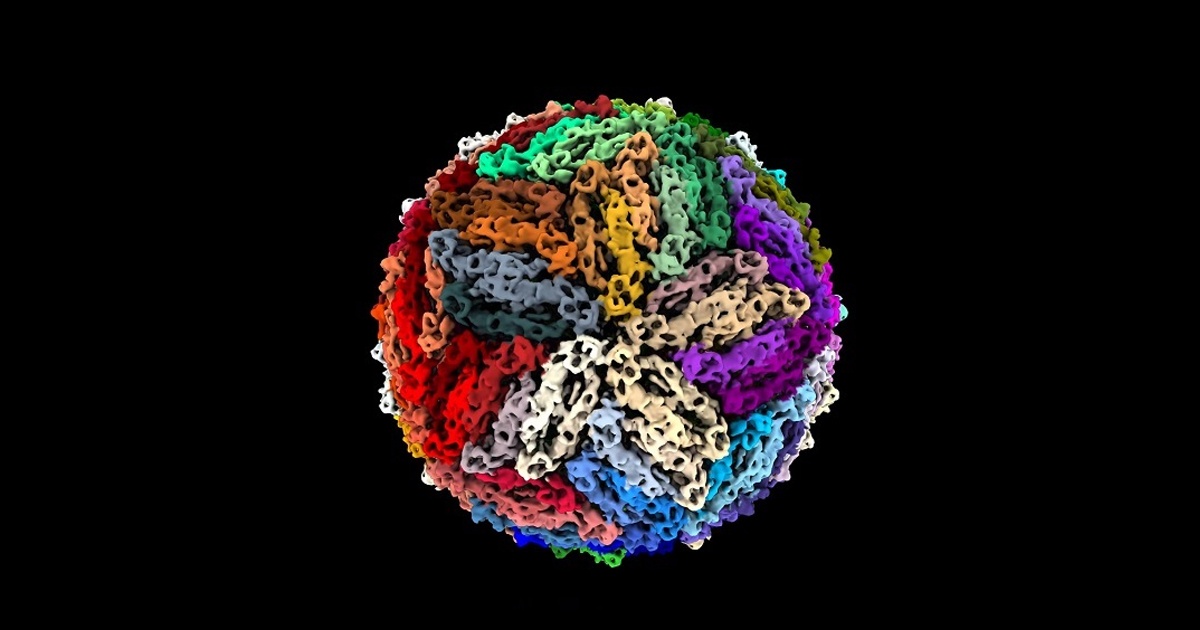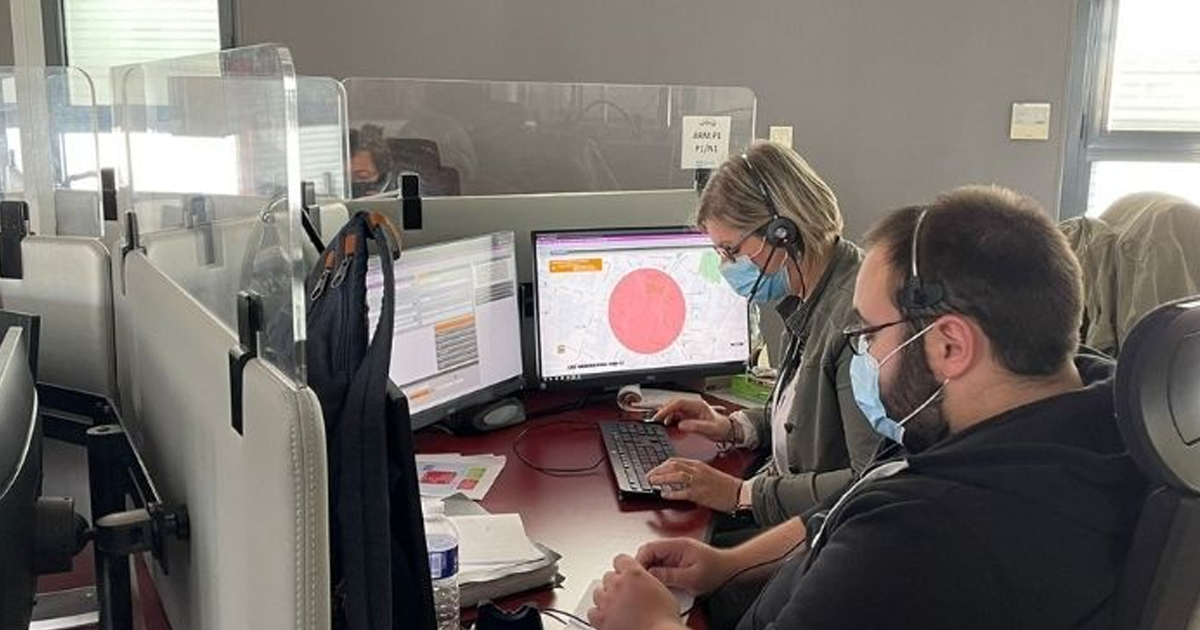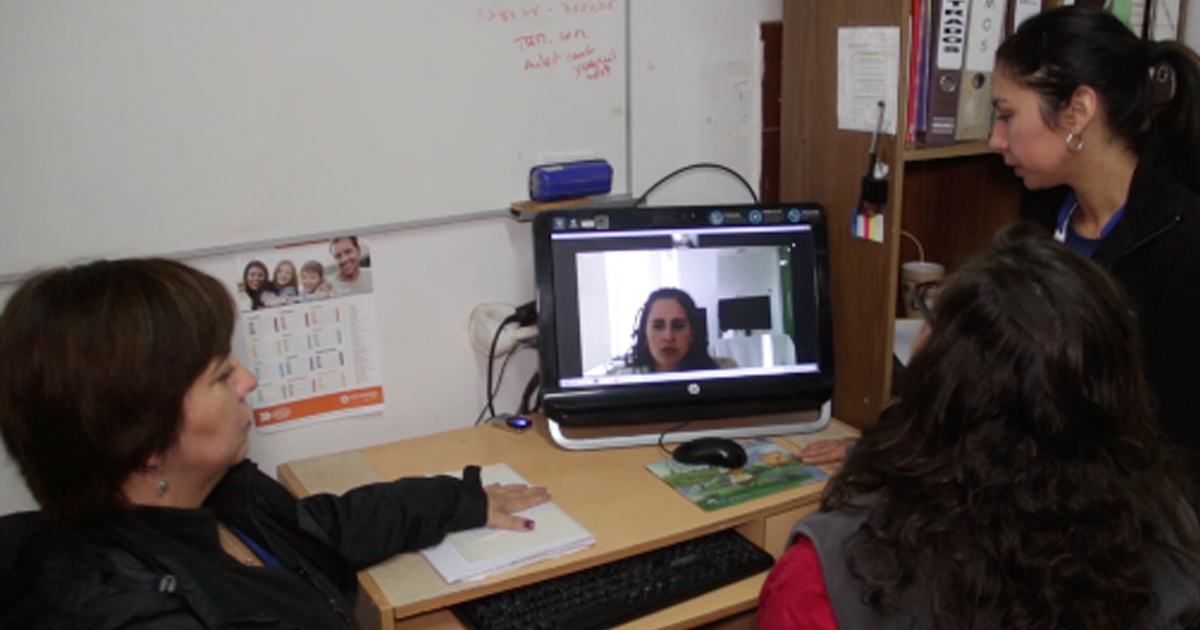This scientific and technological breakthrough could help in the future to massively produce safer vaccines.
Researchers from the University of Queensland (UQ) and the QIMR Berghofer Medical Research Institute in Australia have developed technology to produce large-scale "hybrid" viruses for use in vaccines, which would also be safer. These viruses would be used for the development of vaccines from mosquito-borne diseases such as Zika or dengue.
Researchers studied different characteristics of the Binjari virus which is inert to humans, in order to produce viruses transmitted by mosquitoes that cannot grow in humans or animals.
“We were originally hoping to gain insights into how mosquito-borne viral diseases evolve – viruses like Zika, yellow fever and dengue”,said Dr. Jody Hobson-Peters of the UQ School of Chemistry and Molecular Biosciences. "We also hoped to discover new viruses that could be useful for biotechnology or as biological control agents."

Hobson-Peters also stressed the importance of genetic manipulation on the Binjari virus and its harmless characteristic towards humans: “The Binjari virus stood out, and while it grows to very high levels in mosquito cells in the lab, it’s completely harmless and cannot infect humans or other vertebrate species” and “It is incredibly tolerant for genetic manipulation, allowing us to swap important genes from pathogenic viruses like Zika, West Nile and dengue into the Binjari genoma”.
This manipulation produces viruses that appeared to be physically identical to disease-causing viruses after being observed through a microscope, however, they could not yet grow in human or animal cells. In this way, the researchers developed through biotechnology the possibility of developing vaccines safely using this method. “These hybrids cannot infect humans, meaning that manufacture of vaccines and diagnostic reagents don’t require the strict and expensive biosecurity infrastructure ordinarily needed to grow these pathogenic viruses”, they concluded.






